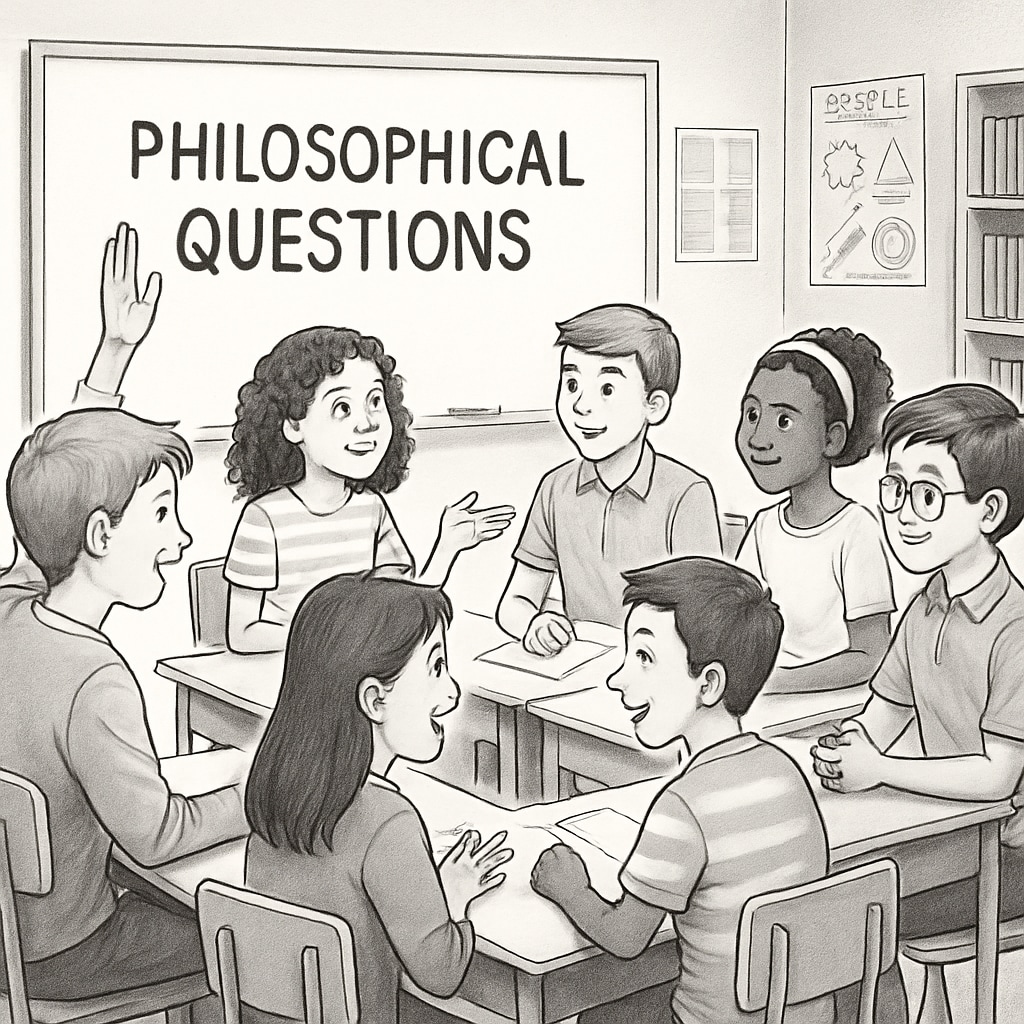The fields of psychology and philosophy offer invaluable tools for understanding ourselves and the world around us. Providing K12 students with access to non-academic psychology and philosophy resources can help nurture their ability to think critically, develop self-awareness, and engage with complex ideas. This article explores why these subjects are essential during formative years and suggests practical, accessible resources for fostering such learning outside traditional academic frameworks.
Why Teach Psychology and Philosophy in the K12 Stage?
Psychology and philosophy are not typically included in the standard K12 curriculum, yet their importance cannot be overstated. These disciplines encourage students to ask meaningful questions, analyze different perspectives, and think deeply about human behavior and the nature of existence. By introducing these subjects early, educators and parents can help students:
- Develop emotional intelligence and self-awareness
- Enhance problem-solving and critical thinking skills
- Navigate ethical dilemmas with a stronger moral foundation
- Build resilience and adaptability in understanding the world
For example, the psychological concept of cognitive biases can teach students to recognize and mitigate flawed thinking, while philosophical discussions about ethics can guide them in making thoughtful, responsible decisions.

Non-Academic Resources for Learning Psychology
Psychology offers insights into how we think, feel, and act. For K12 students, understanding these concepts can lead to better self-management and interpersonal skills. Here are several non-academic resources that make psychology accessible to young learners:
- Books: Titles like The Psychology Book by DK or How the Mind Works by Steven Pinker (simplified editions) introduce key psychological concepts in an engaging way.
- Videos and Podcasts: Platforms such as YouTube feature channels like CrashCourse Psychology, which breaks down topics like memory, emotions, and personality into digestible lessons.
- Mobile Apps: Tools like MindDoc or Happify, designed for mental wellness, can introduce students to psychological principles in a hands-on, interactive manner.
These resources allow students to explore psychology at their own pace, making the subject less intimidating and more relatable to their daily lives.
Non-Academic Resources for Learning Philosophy
Philosophy teaches students to think critically about existence, knowledge, and ethics. While its abstract nature can seem daunting, the right resources can make it approachable. Consider the following options:
- Books: Introduce books like Sophie’s World by Jostein Gaarder or The Little Book of Philosophy by Rachel Poulton, which simplify complex topics into stories or bite-sized ideas.
- Online Platforms: Websites like Stanford Encyclopedia of Philosophy offer free and concise entries on various philosophical topics.
- Discussion Groups: Participating in local or online philosophy clubs can encourage students to engage with peers in meaningful conversations about philosophical issues.
By using these resources, students can connect with philosophical ideas that resonate with their personal experiences, sparking curiosity and deeper reflection.

Practical Tips for Parents and Educators
To effectively integrate psychology and philosophy into a child’s learning, parents and educators can take the following steps:
- Create a Safe Space for Inquiry: Encourage students to ask questions without fear of judgment.
- Incorporate Media: Use videos, apps, or podcasts during downtime or as part of homework assignments.
- Relate to Real-Life Scenarios: Discuss how psychological or philosophical concepts apply to everyday situations, such as friendships or decision-making.
- Encourage Journaling: Prompt students to reflect on their thoughts and feelings, building both self-awareness and critical thinking skills.
By making these subjects relevant and engaging, we can help students see the value in exploring the mind and the world from different perspectives.
Conclusion: Empowering the Next Generation
Psychology and philosophy are powerful tools for personal and intellectual growth. By introducing non-academic resources during the K12 stage, we can help students develop the skills they need to navigate life’s complexities with confidence and curiosity. Whether through books, apps, discussions, or multimedia, these subjects can inspire lifelong learning and a deeper understanding of oneself and others.
As Aristotle once said, “Educating the mind without educating the heart is no education at all.” Let’s empower the next generation to think, question, and grow.


